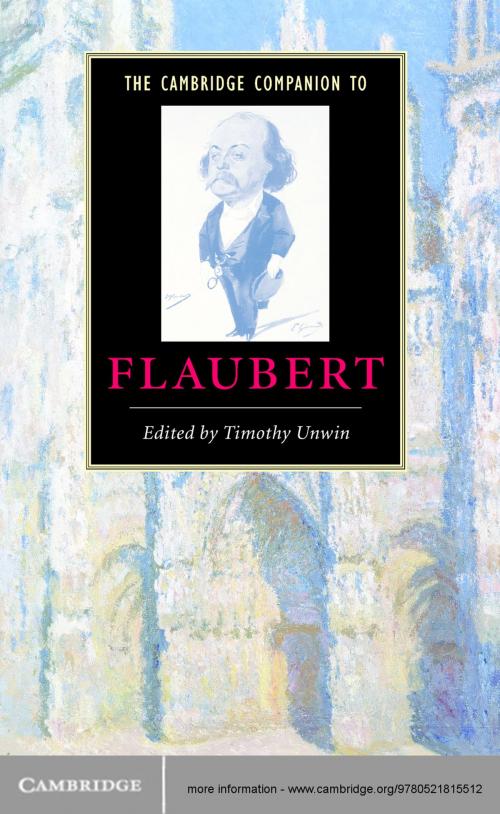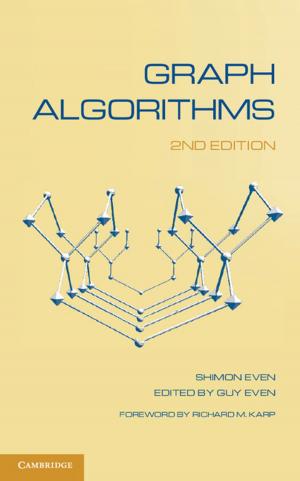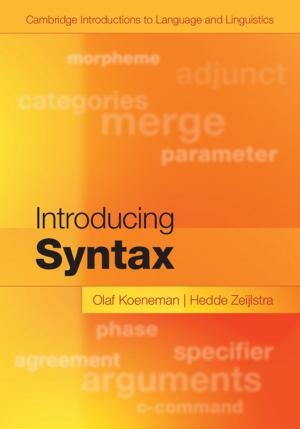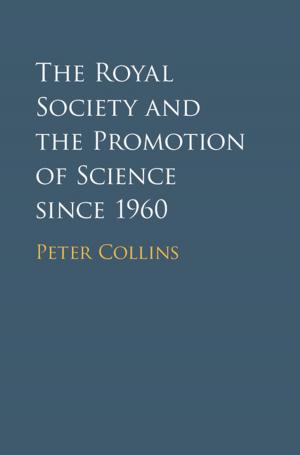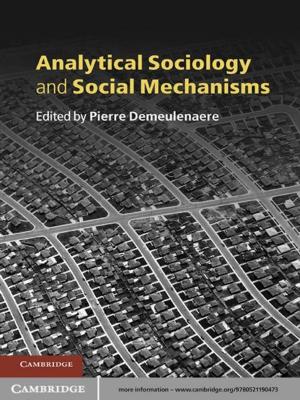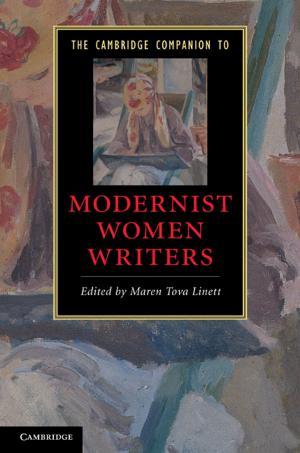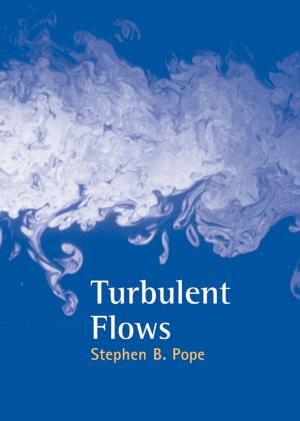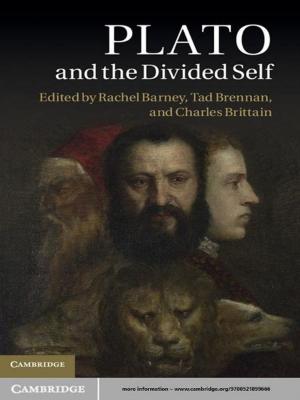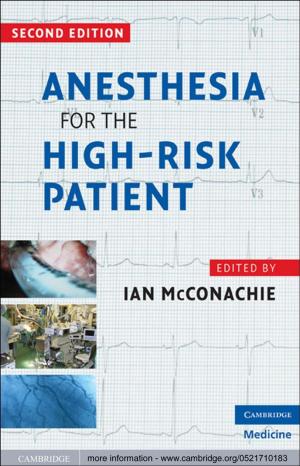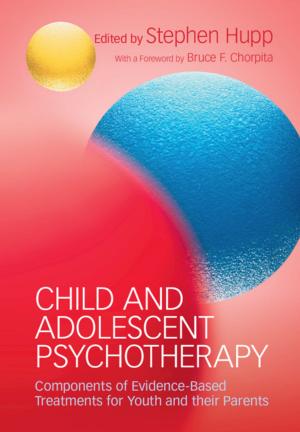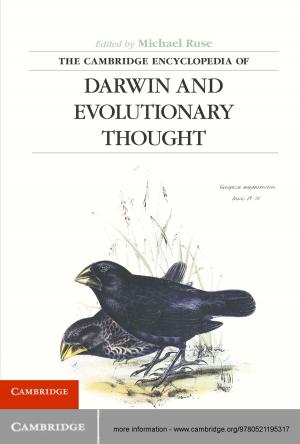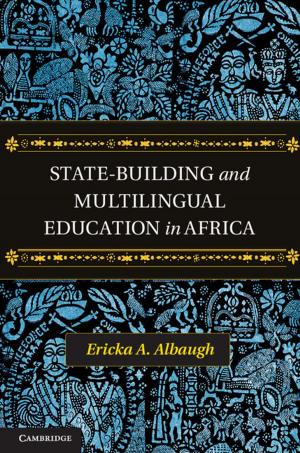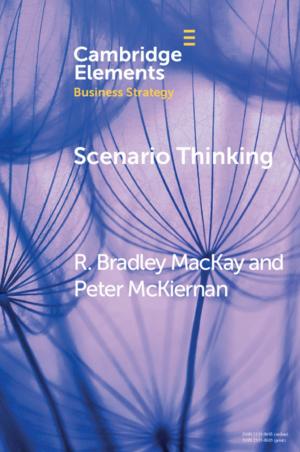| Author: | ISBN: | 9781139816793 | |
| Publisher: | Cambridge University Press | Publication: | November 18, 2004 |
| Imprint: | Cambridge University Press | Language: | English |
| Author: | |
| ISBN: | 9781139816793 |
| Publisher: | Cambridge University Press |
| Publication: | November 18, 2004 |
| Imprint: | Cambridge University Press |
| Language: | English |
This volume brings together a series of essays by acknowledged experts on Flaubert. It offers a coherent overview of the writer's work and critical legacy, and provides insights into the very latest scholarly thinking. While a central place is given to Flaubert's most widely read texts, attention is also paid to key areas of the corpus that have tended to be overlooked. Close textual analyses are accompanied by discussion of broader theoretical issues, and by a consideration of Flaubert's place in the wider traditions that he both inherited and influenced. These essays provide not only a robust critical framework for readers of Flaubert, but also a fuller understanding of why he continues to exert such a powerful influence on literature and literary studies today. A concluding essay by the prize-winning author Mario Vargas Llosa examines Flaubert's legacy from the point of view of the modern novelist.
This volume brings together a series of essays by acknowledged experts on Flaubert. It offers a coherent overview of the writer's work and critical legacy, and provides insights into the very latest scholarly thinking. While a central place is given to Flaubert's most widely read texts, attention is also paid to key areas of the corpus that have tended to be overlooked. Close textual analyses are accompanied by discussion of broader theoretical issues, and by a consideration of Flaubert's place in the wider traditions that he both inherited and influenced. These essays provide not only a robust critical framework for readers of Flaubert, but also a fuller understanding of why he continues to exert such a powerful influence on literature and literary studies today. A concluding essay by the prize-winning author Mario Vargas Llosa examines Flaubert's legacy from the point of view of the modern novelist.
